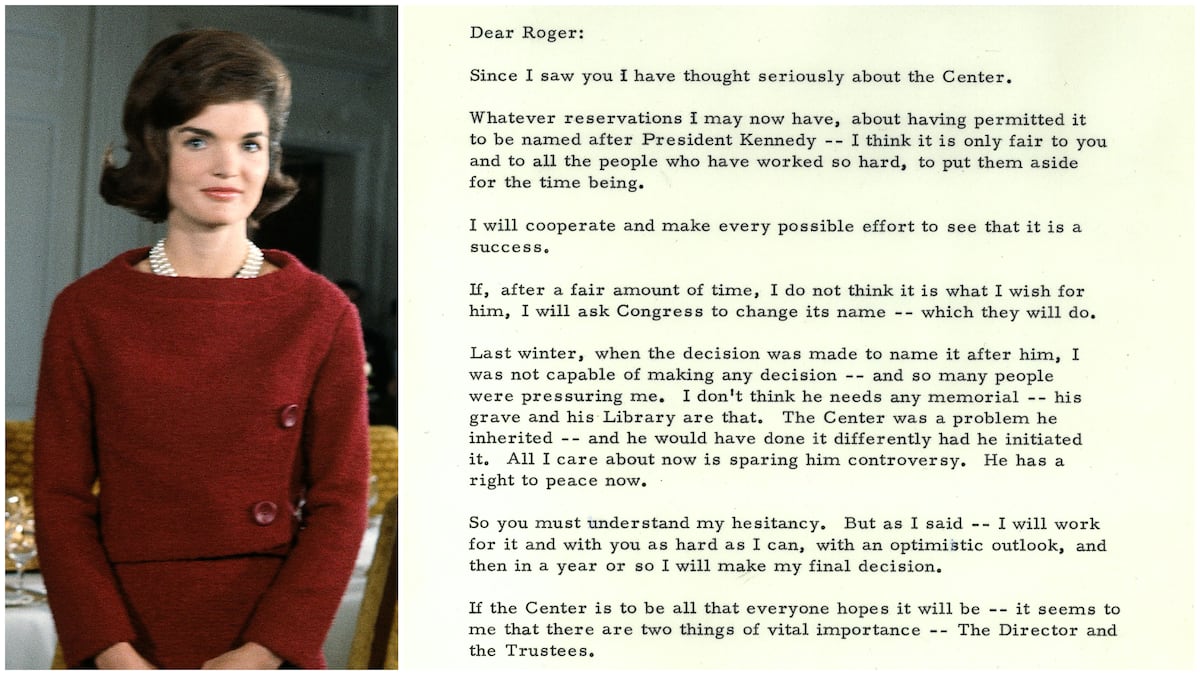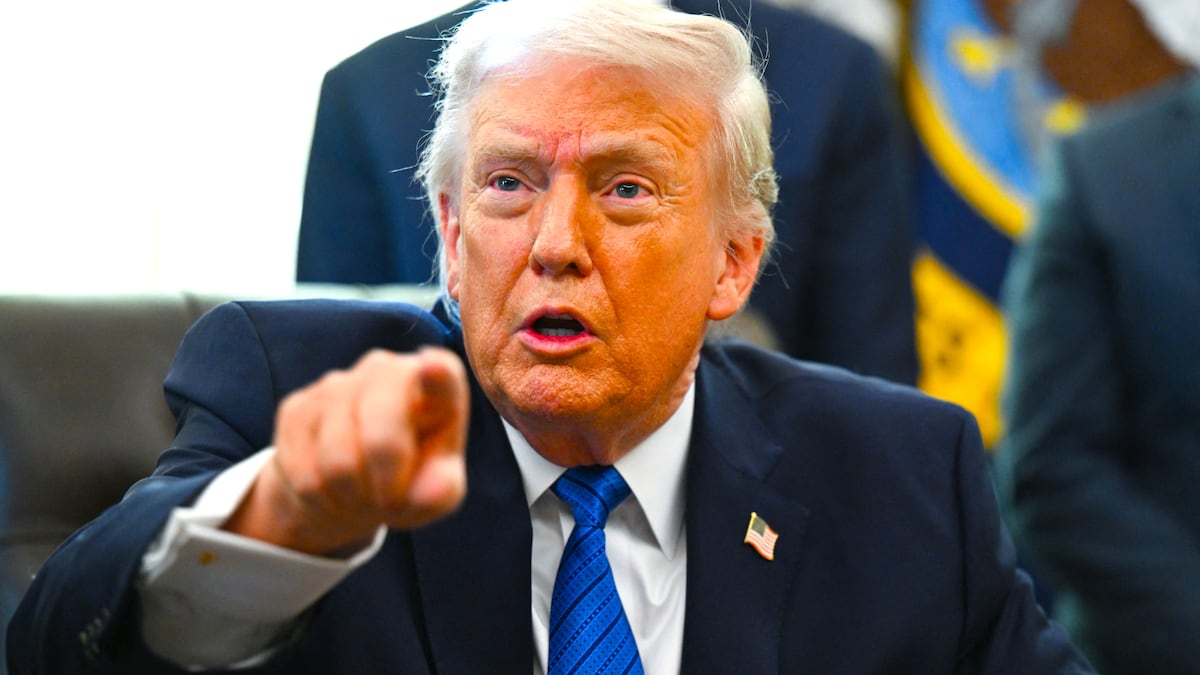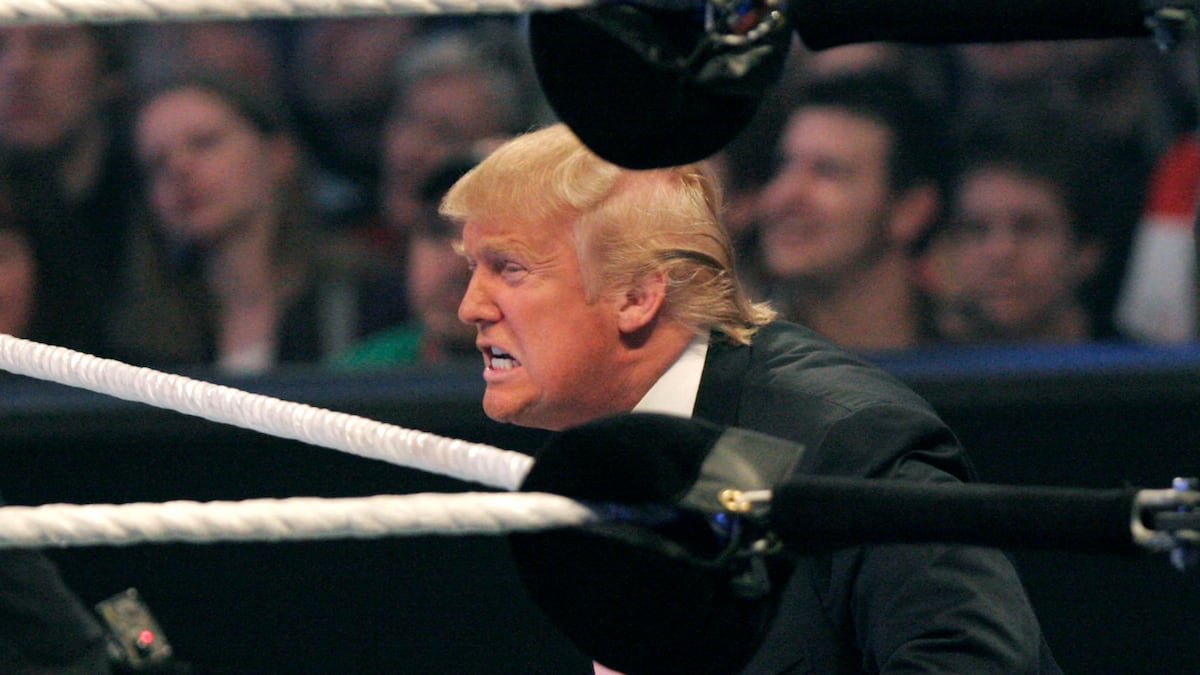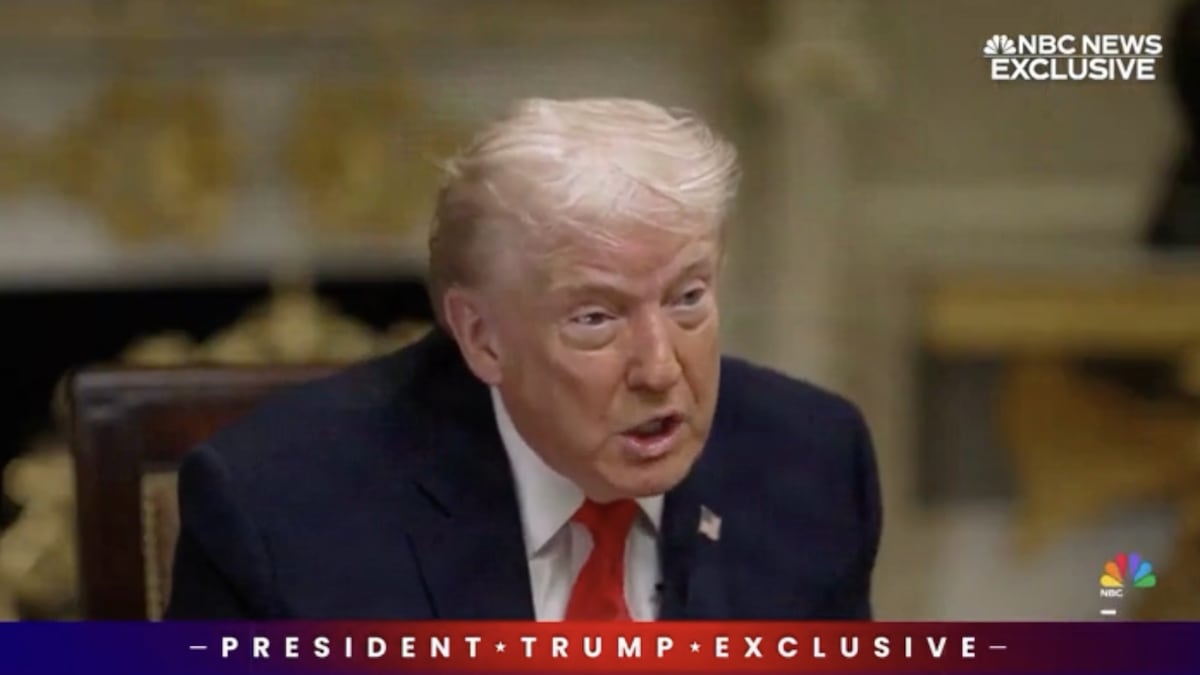This country needs some good class treason. Our meritocracy is doing more harm than good, and its members—and everyone else—need to start questioning it.
I am a product of that meritocracy. Born and raised in West Virginia, way out in the country, I tested and wrote my way into elite schools, and now I teach at one. I’m surrounded by very smart people who work very hard, and get rewarded.
It’s a meritocratic age. Barack Obama’s life took this kind of path, and his administration is full of the kinds of people you meet there. So are the banks, media, nonprofits—all the visible and powerful institutions. It’s our world.
So I pulled up hard last week reading economist Thomas Piketty’s ground-breaking study of inequality, Capital in the 21st Century. Besides a trove of data showing that the rich really are getting much richer, the book is full of peppery Gallic asides. In one of those, Piketty is explaining that more than half of the enormous growth in income among the very richest Americans comes from the super-salaries of executives who sit on one another’s boards and compensation committees. Piketty makes a strong case that in jacking up one another’s pay, they are engaged in class-based looting. A riot in Athens or London is amateur compared to this fountain-pen robbery.

Why do Americans tolerate staggering executive pay when almost everyone else’s income is stagnating? It isn’t inevitable. Most European countries don’t tolerate it, even though their companies are playing in the same global economy, so their executives make much less.
Piketty suggests that Americans are intoxicated by “meritocratic extremism”—an impulse to pick “winners” and reward them enormously. It’s Stockholm Syndrome for an age of inequality.
The way we pick “winners” in this country is a hybrid. First-generation meritocracy pivoted on tests like the SAT. It channeled high scorers into elite schools and positions. It was a product of good impulses: opening up institutions and opportunities that had been mainly closed to people who picked the wrong parents; staffing the laboratories and bureaucracies of the Cold War era with talent. The iconic beneficiary of this meritocracy was the Iowa farm kid or child of segregated Charlotte who was plucked up and admitted to Harvard.
Piketty’s meritocratic extremism has more to do with second-generation meritocracy, which has been accelerating since the 1980s. In this version, multiple-choice tests matter less than market tests. The idea is that money follows quality, so those who attract money must be the best: they must deserve it. Any other test looks spurious: if you’re smart, why aren’t you rich?
Second-generation meritocracy appeals to rewarding what’s useful, measured by whether other people will pay for it. It sees test scores as effete and irrelevant, like the older privileges of birth. The signal win for second-generation meritocracy is libertarian Silicon Valley entrepreneur Peter Thiel’s VC-style offer to bankroll bright kids who agree not to go to college—giving the figurative finger to first-generation meritocracy.
Again, our meritocracy is a hybrid. People still get funneled into investment banks, hedge funds, and rich law firms by testing into top schools. But unlike in the older world, where rites of passage like the SAT were decisive, the testing never stops. Entrepreneurship is the model for everything. Ambitious students are encouraged to develop a distinctive brand, market themselves, network, and consider their decisions in terms of return on investment. Going to school hasn’t lost its idylls and intrinsic charms, but there’s constant, subtle pressure to treat it tactically, as a place to test your way into, then immediately begin marketing your way out of.
Both versions have their corruptions. Testing for talent is as good as the test–until people with wealthy parents start spending their summers with SAT tutors,. A test makes the already privileged into champion test-takers. At least the old elites learned to sail and row while acquiring proof of their right to rule.
Market meritocracy is worse. On its own terms, the market test produces what the wealthy want because they can pay. That’s why the pharmaceutical industry invests in pills for baldness and anxiety, not tropical diseases. And it often doesn’t work on its own terms. It’s highly debatable whether the microseconds of speed and layers of sophistication that the finance industry has added are doing much good for anyone but the financiers. And remember Piketty’s looting executives, helping themselves alone.
Believing too much in meritocracy encourages the thought that “winners” must deserve it and–usually not said so loudly “losers” deserve what they get, too. It obscures how people, as often as not, really get things: parental investment, strategic behavior, and simple capture of the institutions, like corporate boards, that hand out the money. Meritocratic ideology obscures power: the power of labor and management, the pressure of threats to move offshore, the prospect that if you push too hard for retirement benefits, Bain Capital will buy and strip the company.
The biggest problem with meritocratic thinking is its obsession with who has earned what. “Success” and “failure” have very high stakes in the U.S. Want a secure retirement? Earn it. Decent medical care? Even after Obamacare, it’s a whole lot more certain if you have money. Good education? There’s a price tag (for many meritocratic winners, it starts as early as private pre-school). A safe neighborhood? Any confidence that your children will have a clear shot at a good life? Same.
You also need to “succeed” to have much voice as a citizen. With the Supreme Court protecting money in politics and Princeton political scientists telling us that the U.S. is more oligarchy than democracy, the influence of money makes mere voting seem almost quaint.
Neither a civic voice nor a decent life is something a person should have to earn in zero-sum competition. Of course jobs and responsibilities should follow talent and character. Of course markets and market incentives have their place in guiding everything from career choice to product innovation. But these belong over a foundation of political equality and social guarantees: education, personal security, health care for those who need it, and the expectation of a fair retirement and the same good things for the next generation.
Too much of our economy drives people with a very immediate fear of failing and a distant prospect of becoming rich enough to stop worrying. Our meritocracy has become the ideology of a self-concerned, infinitely ambitious, and basically fearful economy.
As I said, I admire my students and I like my friends. I’m grateful for the way first-generation meritocracy put me in a place to be writing this essay. Both generations of meritocracy are tied to good things: hard work, high standards, social mobility.
But sometimes the system you’re involved in has such deep problems that it taints the values you live by, because they organize and uphold it. I’m afraid that’s what’s happened to meritocracy in a world of inequality and insecurity. Then it’s time to think about class treason.
Class treason in its pure and dramatic form means switching sides, like the late British Labor politician Tony Benn, who gave up his aristocratic title so he could keep fighting for the left in the House of Commons, or Franklin Roosevelt becoming the scourge of the bankers and industrialists and the tribune of miners and sharecroppers. Just now, there’s no political side to switch to: our two parties represent the meritocrats of the standardized test and those of the hedge fund.
But we can stop talking as if a good, secure life were something to earn. We can aim at an economy that makes dignity and security a baseline and lets people cut their paths from there. Wherever we see meritocratic extremism, the compulsion to pick and elevate winners (with the corollary of quietly calling the others losers), we should resist it.
An economy that could help us be better than that is possible, not utopian. It would mean reclaiming the New Deal and the Great Society, the mixed economies of the 20th century that put human beings first, capital returns second. Meritocracy, like markets, was a useful tool in those economies, and, like markets, it has outgrown its right role and taken its competitive logic too far, becoming a prop for inequality and insecurity. To save its better potential, we need to betray what it has become.






